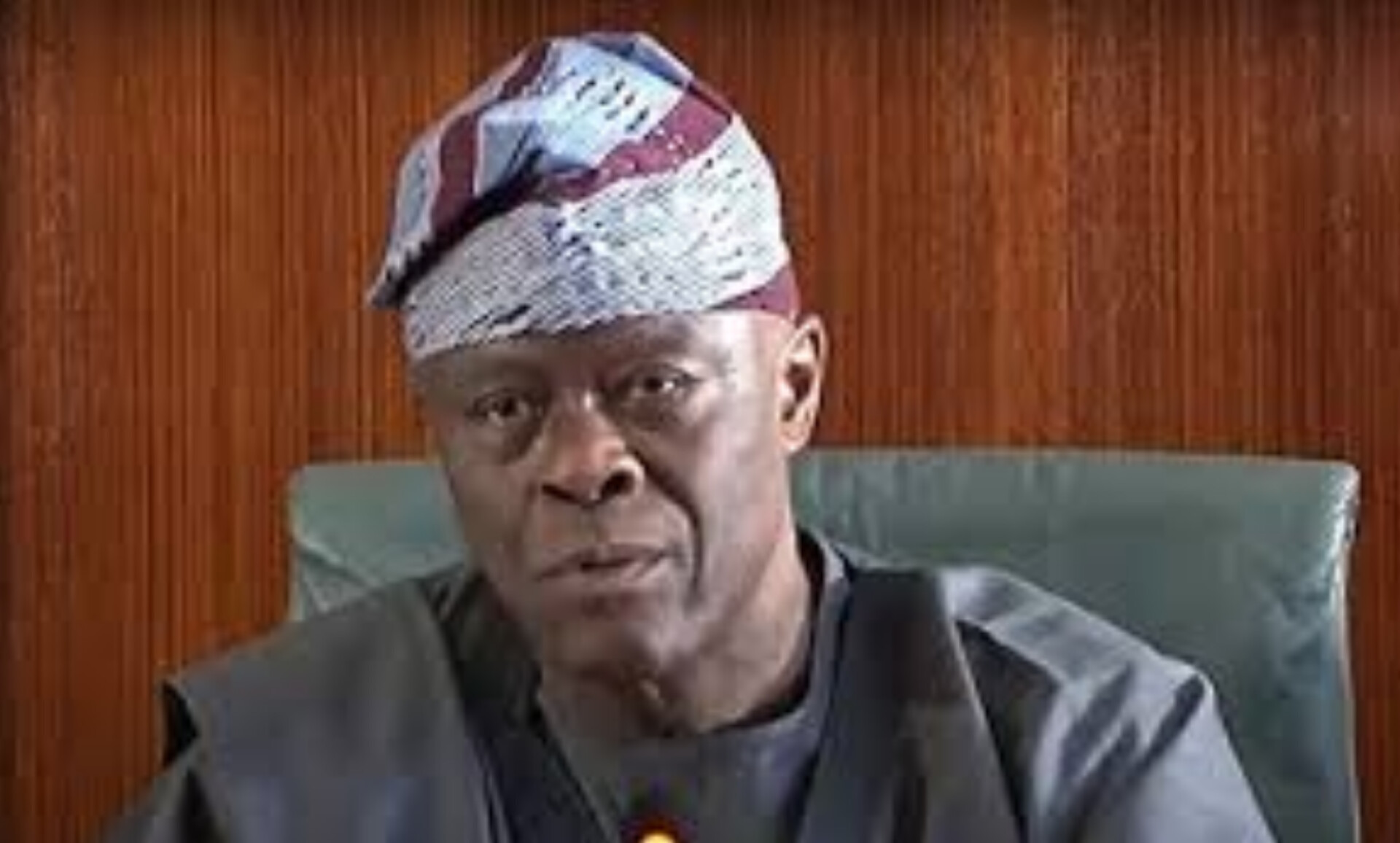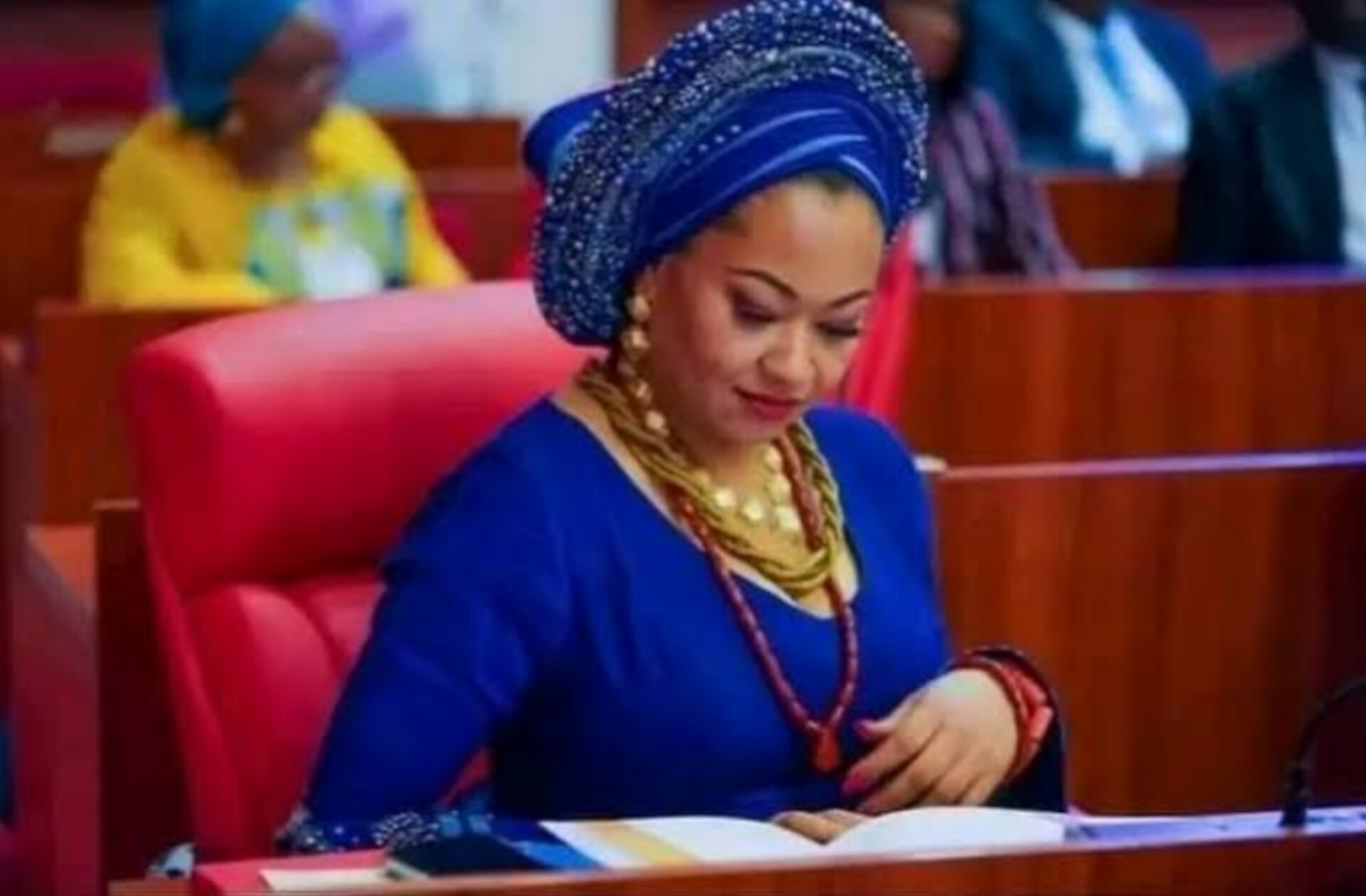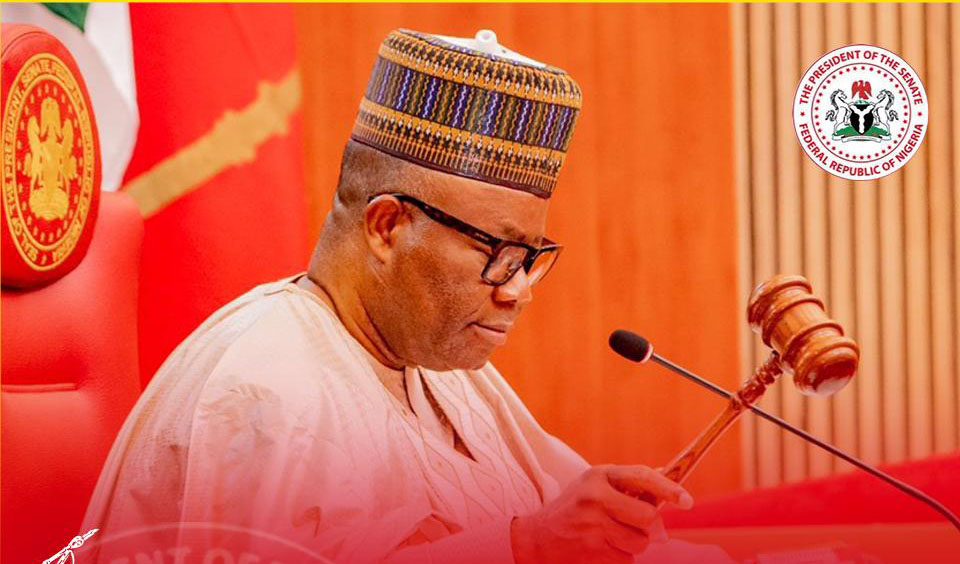Non-oil revenue remittances by Federal Government agencies in 2024 will surpass the N13tr recorded at the end of 2023, Minister of Finance and Coordinating Minister of the Economy, Mr Wale Edun has indicated.
Edun who made the disclosure on Wednesday in Abuja, said in January alone, over N100b was remitted.
The finance minister spoke when he appeared before the Senate Committee on Finance chaired by Senator Sani Musa.
Edun noted that compared to the same period in 2023, only N20bn was remitted into the Consolidated Revenue Fund of the Federal Government.
The committee is investigating the “Remittance of Internally Generated Revenue by MDAs and Evidence of Payment of 1% Stamp Duty into the Consolidated Revenue Fund Account from 2020-2023.”
The minister explained that while remitted revenue from June to December 2023 stood at N3.6tn, the total collection for the 12 months in the year was N13tn.
He told the committee members that due to policies introduced by the present admyof President Bola Tinubu, including digitalising operations for speedy transactions, the government wad looking forward to higher non-oil revenue output by the end of December, 2024.

“What we can see is a substantial increase in remittances by MDAs and revenue generation agencies.
“We will keep this up and there will be a time we can give further data on this to the committee and the National Assembly”, the minister added.
Edun also spoke on the government’s 1 per cent Stamp Duty collection, saying that a total of N53bn remitted in 2023 or an average of N3.7bn every month.
Explaining further the minister indicated that the final tally exceeded the target of N44bn set by the National Assembly.
“This, I will say was a positive development. N44bn was approved by the National Assembly, and the actual collection was N53bn”, he told lawmakers.
Speaking on the capital and recurrent budget performance for 2023 and first quarter of 2024, Edun informed the lawmakers that N2.9tn was the capital spending in 2023.
For 2024, he disclosed that first quarter capital releases so far stood at N124bn, while N581bn had been spent on salaries and other recurrent expenditure, aside from the N71bn released for overhead costs.
When asked about the N3.7tn the government allegedly lost to import duty waivers in 2023, Edun who corroborated the records of the Nigeria Customs Service (NCS), said the current administration had introduced a new duty waiver policy to plug leakages or losses.
The minister said this time round, all import duties would first be paid in full, while waivers would later be deducted and paid to the affected importers.
He explained that paying the duties before deducting the waivers would address “the uncertainty on the process works”, adding that the old method of waiver application would be stopped and replaced by automation.
On measures to revamp the economy, Edun told the committee that the government has done a lot, including initiatives at stabilizing the naira against the dollar and the implementation of a more transparent social welfare scheme for the citizenry.
For instance, he said one of the major errors of the past, which brought the economy to its knees, was the free printing of the naira for eight years up to N22.7tn by the administration of former President Muhammadu Buhari without a corresponding improvement in productive activities.
“The inflation is due largely to eight years of printing the naira, which was not matched by production”, Edun stated.
To cushion the effects of the current hardship on Nigerians, the minister said the government had re-started the cash transfer of N75,000 to 15million households by identifying beneficiaries, using Bank Verification Number (BVN) and National Identification Number (NIN) to reach almost 75m Nigerians across three months.
Speaking earlier, Sani said the Senate called for the investigation because unstable oil prices meant that Nigeria had to source alternative revenue windows internally to able to provide services to the people.
“Volatility in oil prices and global economic challenges have made it necessary for us to explore our IGR sources.
“The days of excessive reliance on oil are gone. So, we have to explore other internal avenues, including agriculture as well as encourage voluntary tax compliance”, he stated.




